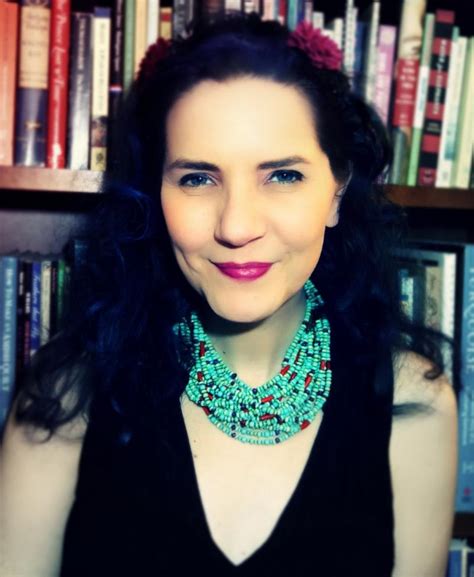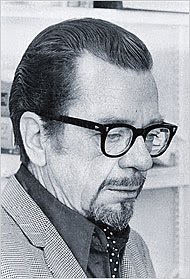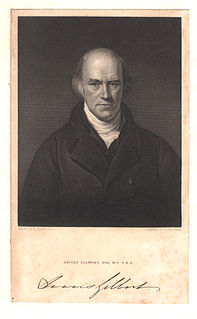A Quote by Hilary Mantel
In terms of essays, I would say Oliver Sacks. His breadth of hard knowledge and imagination and empathy seems to constitute the perfect mind to me.
Related Quotes
Ben Miller's writing has left a trail of clear and perfect images lasered permanently in my mind. His imagination is astounding in its breadth and detail, but it is the heart behind the words, the emotion he brings to the smallest moments, that makes me such an admirer of this writer and his work, and has me anxiously awaiting, and cheering for, the publication of River Bend Chronicle.
It seems to me that the moralist is the most useless and contemptible of creatures. He is useless in that he would expend his energies upon making judgments rather than upon gaining knowledge, for the reason that judgment is easy and knowledge is difficult. He is contemptible in that his judgments reflect a vision of himself which in his ignorance and pride he would impose upon the world. I implore you, do not become a moralist; you will destroy your art and your mind.
I feel that I'm an essayist and that my best work gets done in that form. I wanted to do a book where the essays could exist on their own terms. A book that was neither a book of essays that were shoehorned into a memoir, nor [one where] the essays had been published elsewhere first, [because] then they would kind of bear the marks of those publications.
We do not for example say that the person has a perfect knowledge of some language L similar to English but still different from it. What we say is that the child or foreigner has a 'partial knowledge of English' or is 'on his or her way' towards acquiring knowledge of English, and if they reach this goal, they will then know English.
Knowledge is inherent in man; no knowledge comes from outside; it is all inside. We say Newton discovered gravitation. Was it sitting anywhere waiting for him? It was in his own mind; the time came and he found it out. All knowledge that the world has ever received comes from the mind; the infinite library of the universe is in our own mind. The external world is simply the suggestion, the occasion, which sets you to study your own mind.
I guess I always knew going into the movie that casting that part would be difficult. Oliver just felt likeable. I felt it would be hard to dislike this man. I don't know why, but I'm sure other directors have felt the same when casting him. Oliver is goofy yet formidable, smart but likeable... I didn't want the character of Alex to be nasty or demonised. I wanted him to be struggling with his actions.
Glad it was you and not me," Shane said, and offered Myrin a hand up. "Any brain damage?" "Since the bullet actually passed through his brain, then yes, idiot boy, there's certainly brain damage," Oliver said. "It will pass. His brain's the least fragile thing about him." "You say the nicest things," Myrin said. He was slurring his words, and he threw an arm around Oliver's neck. "Marry me.
I am convinced that it is impossible to expound the methods of induction in a sound manner, without resting them upon the theory of probability. Perfect knowledge alone can give certainty, and in nature perfect knowledge would be infinite knowledge, which is clearly beyond our capacities. We have, therefore, to content ourselves with partial knowledge - knowledge mingled with ignorance, producing doubt.
It is clear that there must be difficulties for us in a revelation such as the Bible. If someone were to hand me a book that was as simple to me as the multiplication table and say, “This is the Word of God; in it He has revealed His whole will and wisdom,” I would shake my head and say, “I cannot believe it; that is too easy to be a perfect revelation of infinite wisdom.” There must be, in any complete revelation of God's mind and will and character and being, things hard for the beginner to understand; and the wisest and best of us are but beginners.
The poetic beauty of Davy's mind never seems to have left him. To that circumstance I would ascribe the distinguishing feature in his character, and in his discoveries,-a vivid imagination sketching out new tracts in regions unexplored, for the judgement to select those leading to the recesses of abstract truth.






































